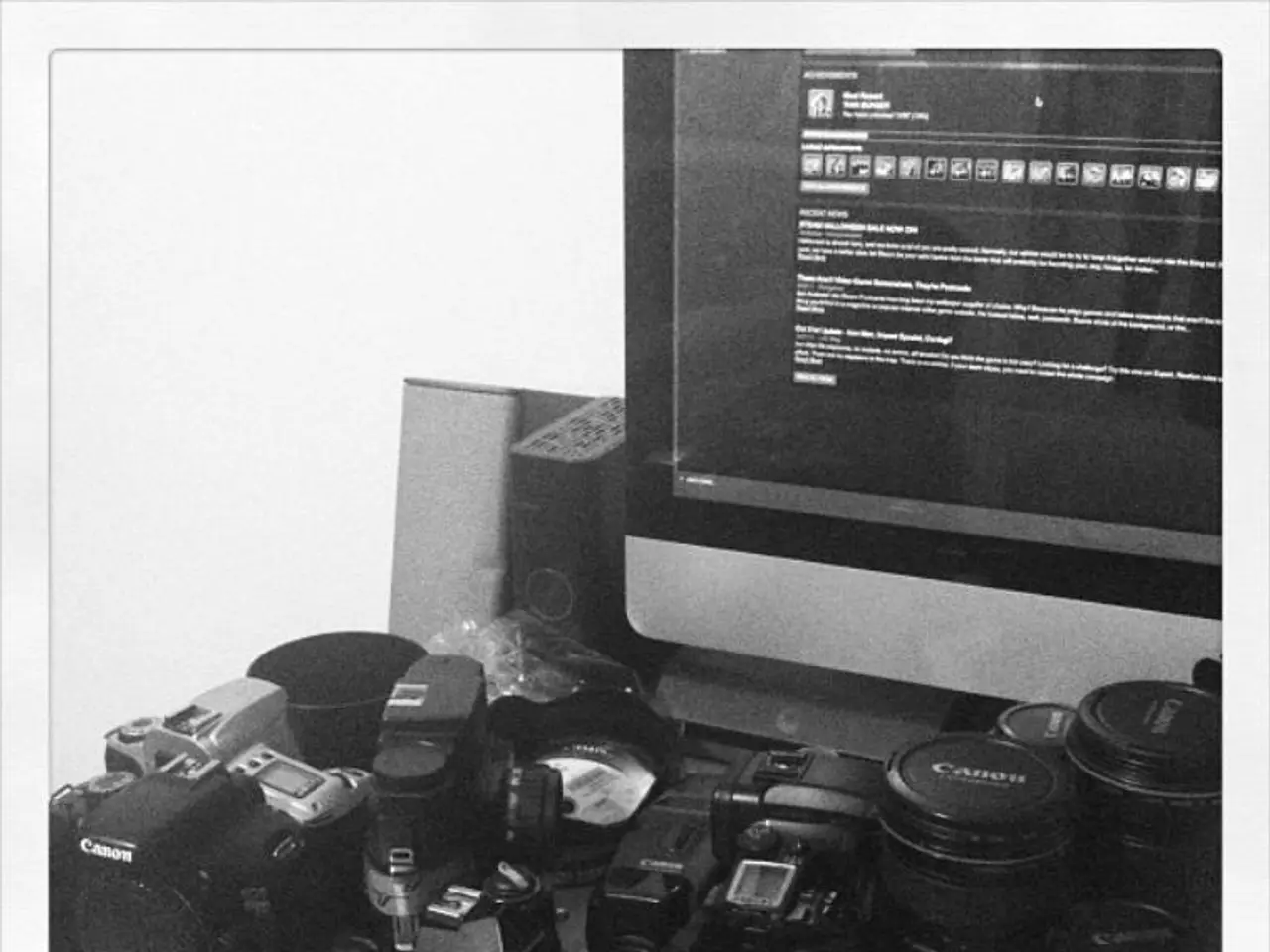Day of Awareness for Surveillance on Devices
In the modern world, privacy is increasingly elusive due to the ubiquity of cameras and microphones. From cities deploying traffic cameras, red-light cameras, and license plate readers to manage traffic flow and enhance security, surveillance is becoming a common sight in both public and private spaces.
This expansion is driven by advances in technologies such as IoT devices, biometric tracking, and GPS monitoring. Municipal governments use camera networks to monitor public safety and deter crime in public spaces, while nearly every public and private establishment incorporates cameras for security purposes. Retail establishments often equip cash registers, point-of-sale systems, and self-checkout kiosks with cameras. Even drive-thru and ATM service points rely on video for transaction verification and safety.
However, the potential implications for individual privacy and civil liberties are significant. Constant monitoring risks normalizing surveillance, potentially leading to erosion of civil liberties and a society where individuals are routinely tracked without meaningful consent. This can undermine freedoms such as privacy, freedom of expression, and peaceful assembly, especially in contexts where governments intensify repression using surveillance technologies.
Immigrant rights advocates and privacy experts have raised alarm about surveillance overreach, exemplified by ICE's expanding use of biometric ankle monitors for immigrants, reflecting a shift toward broad, automated control rather than case-by-case discretion.
Growing data privacy regulations worldwide aim to address these challenges by granting individuals more control over their personal data, imposing restrictions on data collection, especially sensitive and biometric data, and enhancing transparency about third-party data sharing. However, enforcement varies, and rapidly evolving technologies and surveillance practices continue to pose risks.
In light of these concerns, advocating for stronger privacy protections, demanding transparency from corporations and governments, and supporting technologies designed with user privacy as a priority helps shape a digital future that respects our fundamental rights and personal freedoms. Covering cameras on devices is a real first step to stop unwanted spying and regain control. Privacy isn't only for those who are doing something "wrong." It's a foundational human right that protects individual autonomy, dignity, and freedom.
Privacy isn't limited to what one sees; smart speakers, digital assistants, and wearable fitness trackers also continuously listen for commands. Personal devices owned by friends, strangers, and coworkers can pick up background noise, record conversations, or take photos. Surveillance affects everyone differently, and can disproportionately target marginalized communities, leading to discrimination and social injustice.
The "I have nothing to hide" argument overlooks several important issues about privacy, autonomy, and societal impact. Data can be misused or misinterpreted, and privacy safeguards are necessary to minimize risks of abuse. Keeping cell phones away during private conversations reduces the number of times you are recorded and are further profiled.
In summary, surveillance is pervasive and expanding across public and private sectors, with serious concerns for privacy and civil liberties. Vigilant regulatory oversight and public awareness are essential to safeguard individual rights in this increasingly monitored world.
- To ensure individual rights and civil liberties are preserved in the era of technology, which incorporates cameras in various public and private spaces for security purposes, it is crucial to advocate for regulations in data-and-cloud-computing and cybersecurity that limit intrusive practices while granting people control over their personal data.
- The advancements in technology, such as IoT devices, biometric tracking, and GPS monitoring, not only expand surveillance capabilities but also pose a risk to privacy in the modern world, as seen in the use of smart speakers and digital assistants that continuously listen for commands, potentially leading to the misuse or misinterpretation of private data.




